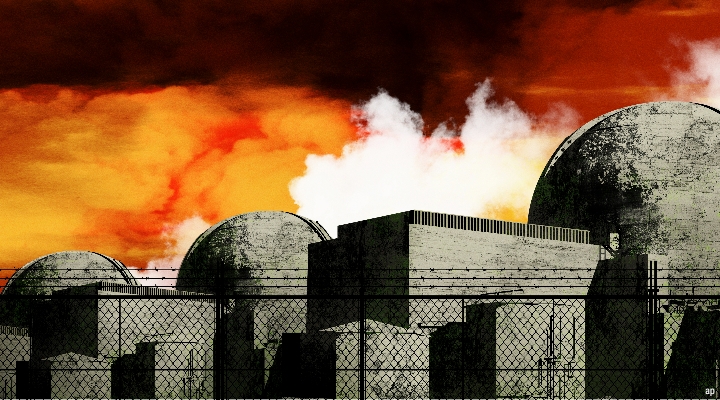
Yesterday, the European Parliament ratified a European Commission proposal to define nuclear power and natural gas as "green alternatives".
328 members voted against the motion, while the remaining 278 voted in favour, which in the end was not enough to provide an overall parliamentary majority against it.
If neither the European Parliament nor the European Council opposes the proposal by 11 July 2022, the act will come into force on 1 January 2023.
This was not an obvious result. Last winter, when the European Commission made its proposal, it was clear many countries (and party groups) were on opposing sides.
From an environmental point of view first and foremost, the criticism has been fierce. For its part, the European Commission has been accused of saying "yes" for political reasons, to please both a nuclear-friendly France and the gas-loving Germany.
"This is just a political game from France," said Dutch MEP Bas Eickhout from the Green Links Green Party in a debate yesterday.
And that is a particular concern. Opponents believe the taxonomy system (whereby sustainability initiatives are classified and measured) risks becoming useless if it is viewed as unscientific, or if it suddenly becomes the subject of creatively semantic political abuse.
But given the invasion of Ukraine, the issue of energy security looms large.
Proponents of nuclear power see it as absolutely necessary given the ferocity of rising prices, and the practical implications of dependency on Russian energy. But it is lost on nobody that the idea may disproportionately benefit Russia in the event its exports are considered green.
Step forward one Ukrainian MP, who tweeted in the wake of the result that Putin was "rubbing his hands with glee" at the news.





























